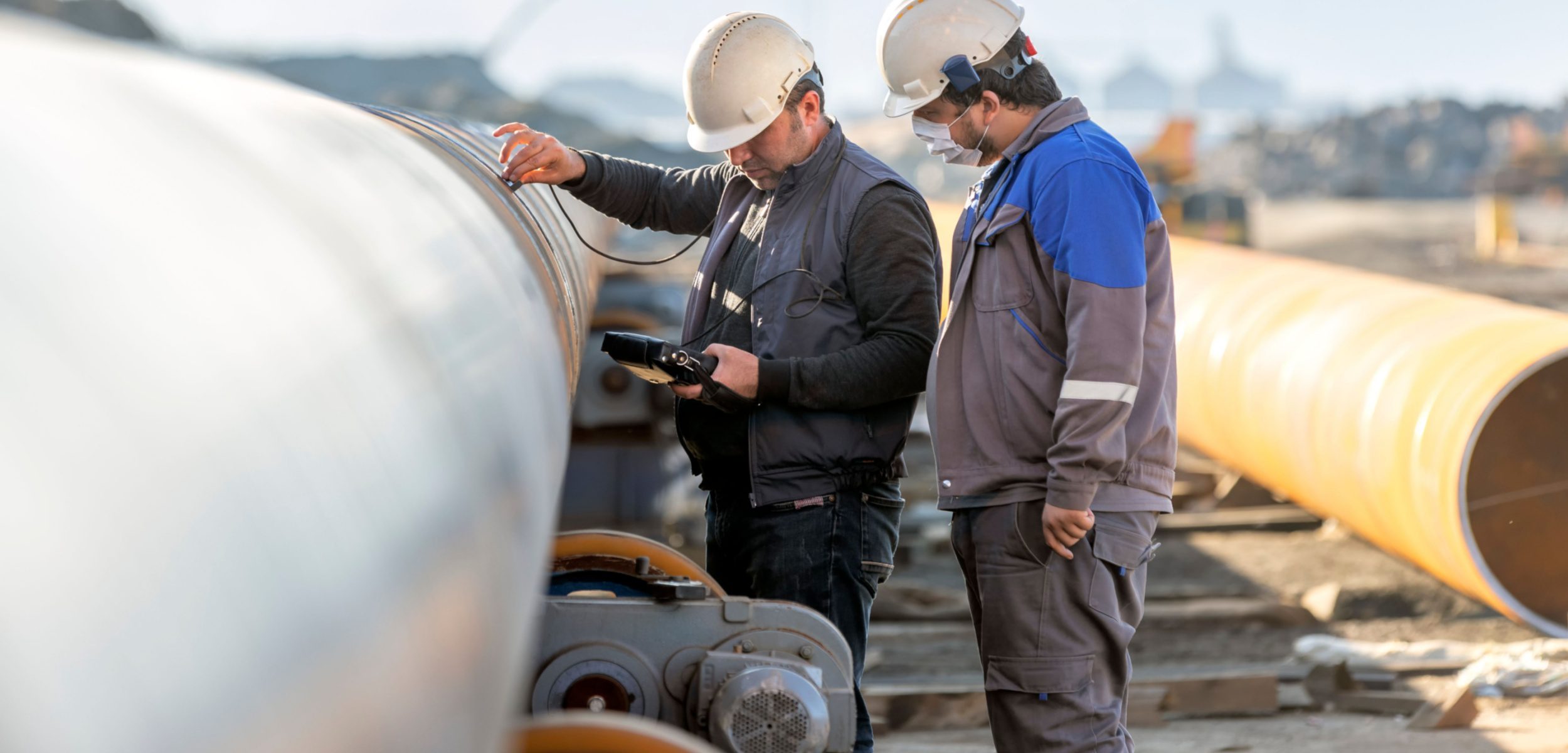Gas engineers are essential for keeping our homes and businesses safe and warm. They work with gas systems, making sure everything runs smoothly and safely. From installing and fixing gas appliances to checking for safety issues, gas engineers handle a variety of important tasks.
As energy efficiency and safety become more important, the role of a gas engineer is becoming more important than ever. In this blog, we’ll explore what gas engineers do every day and the skills they need. Whether you’re thinking about a career in gas engineering or just curious about how your gas systems work, this guide will offer helpful insights.
What does a gas engineer do?
Gas engineers are skilled professionals responsible for the installation, maintenance, and repair of gas systems and appliances. Their work ensures that gas is used safely and efficiently in homes and businesses. Here are some of the key tasks a gas engineer typically performs:
- Installation: Gas engineers install boilers, heaters, cookers, and other gas appliances, ensuring they are fitted correctly and safely.
- Maintenance: Regular servicing of gas appliances is crucial to keep them operating efficiently and to prevent potential hazards. Gas engineers conduct routine checks and maintenance to ensure everything is in good working order.
- Repairs: When gas appliances or systems malfunction, gas engineers diagnose and fix the problems to restore normal operation.
- Safety Inspections: Gas engineers perform safety checks to identify and rectify any potential risks, ensuring compliance with safety regulations.
- Consultation: They provide advice on energy efficiency and the best practices for using gas appliances, helping customers reduce their energy bills and carbon footprint.
Overall, gas engineers play a vital role in ensuring the safety and efficiency of gas systems, contributing to the comfort and safety of our living and working environments.

Essential Skills for Gas Engineers
Gas engineers require a diverse set of skills to perform their duties effectively and safely. Here are some of the essential skills needed for a successful career in gas engineering:
- Technical Knowledge: A solid understanding of how gas systems and appliances work is crucial. This includes knowledge of installation, maintenance, and repair techniques.
- Problem-Solving Skills: Gas engineers often face complex issues that require quick and effective solutions. Being able to diagnose and fix problems efficiently is key.
- Attention to Detail: Safety is a top priority in gas engineering. Engineers must pay close attention to details to ensure all work complies with safety regulations and standards.
- Communication Skills: Engineers need to communicate clearly with clients to explain issues and solutions. Good communication helps in building trust and ensuring customer satisfaction.
- Physical Fitness: The job can be physically demanding, requiring engineers to work in various environments and sometimes in confined spaces.
- Time Management: Managing time effectively is important to handle multiple tasks and appointments in a day.
- Customer Service Skills: Providing excellent service and maintaining a professional attitude is essential for client interactions and building a good reputation.
These skills are fundamental for anyone looking to excel as a gas engineer, ensuring both safety and efficiency in their work.
What are the qualifications and training requirements?
To become a gas engineer in the UK, there are specific qualifications and training requirements that must be met to ensure safety and competence in the field.
Qualifications:
- GCSEs: Generally, you need a minimum of four GCSEs at grades A* to C, including English and maths. Subjects like engineering, science, or design can be beneficial.
- Vocational Qualifications: Prospective gas engineers can pursue vocational qualifications such as Level 2 and Level 3 Diplomas in Gas Utilisation, which cover essential skills for gas engineering.
- ACS Certification: Completing an Accredited Certification Scheme (ACS) is crucial as it assesses your competence and is required for Gas Safe registration.
Training Pathways:
- Apprenticeships: This traditional route combines on-the-job training with classroom learning and typically takes about two to three years to complete.
- Managed Learning Programmes (MLP): These are shorter, intensive courses that can take as little as 25 weeks. They provide comprehensive training and are suitable for those looking to fast-track their entry into the profession.
- Private Training Providers: These offer flexible courses that do not always require prior qualifications, making them accessible to a broader range of candidates.
Gas Safe Registration:
To legally work as a gas engineer, you must be on the Gas Safe Register. This involves proving your competence through qualifications and assessments, such as the ACS, and maintaining this registration by renewing it every five years.
Overall, becoming a gas engineer requires a combination of formal education, practical training, and certification to ensure you can safely and effectively work with gas appliances.




